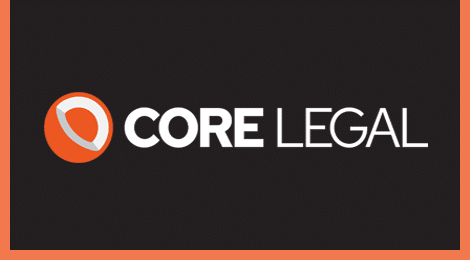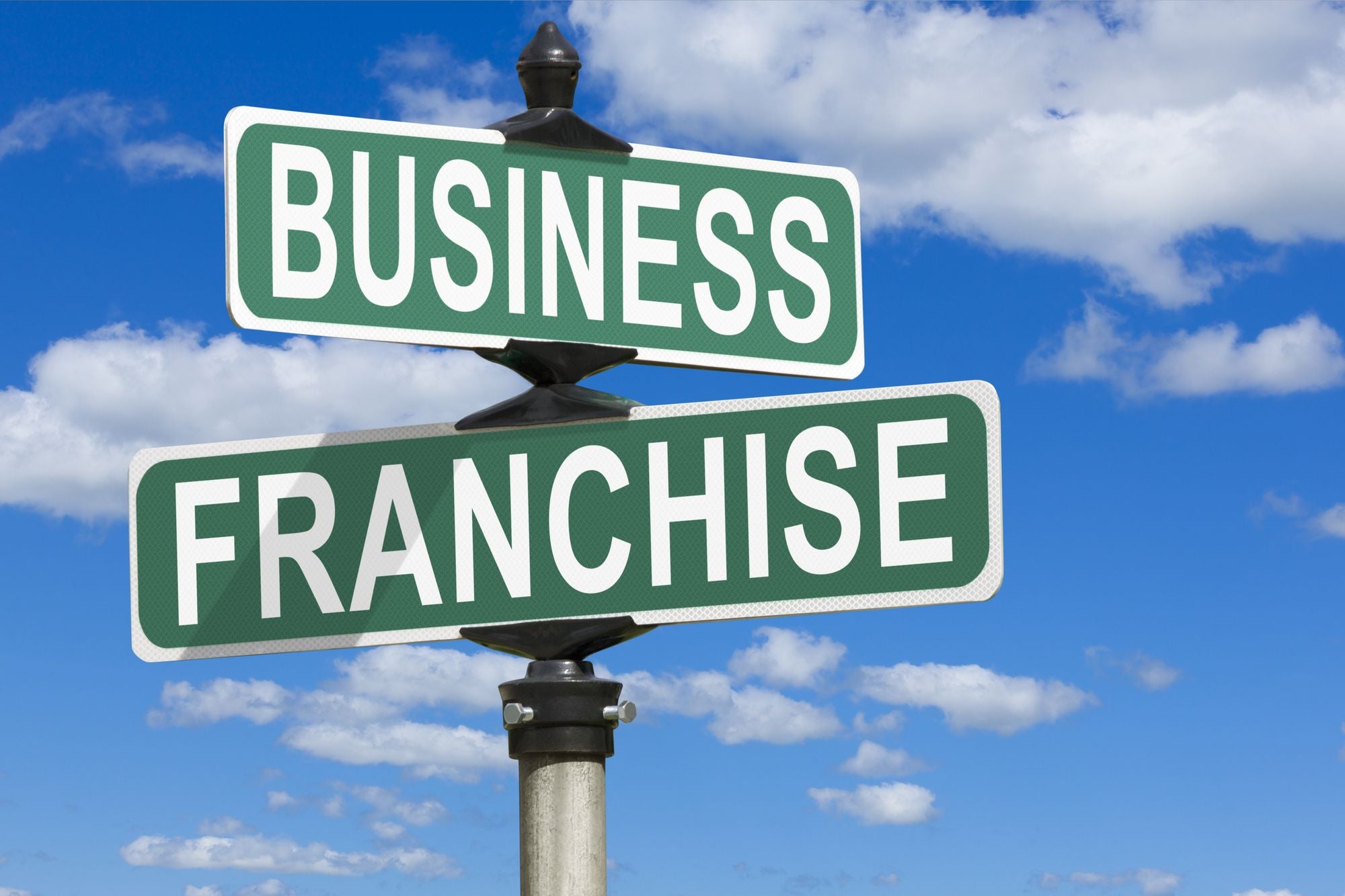Franchise businesses have become very common in New Zealand over the last 20 years (often replacing the traditional small standalone businesses). Franchises can range from one-person operations through to large-scale businesses.
It is likely that you will be introduced to a franchise in one of two ways:
First – Starting a new franchise business from scratch by purchasing a new franchise directly from the franchisor (usually where there is no existing franchise business in your area; or demand is great enough for an additional franchise to be established in your area).
Second – you buy an existing franchise business from the current operator/owner. As part of the purchase of the business, you will be required to get the approval of the franchisor and enter into a franchise agreement before you can buy the business.
How do franchises work?
Regardless of how you were introduced to the franchise, your relationship with the franchisor will be governed by the Franchise Agreement. The Franchise Agreement gives you the right to operate the franchise and sets out the rules that will apply to you operating the franchise.
The franchisor wants to protect their “business/franchise system”, and does not want individual operators to put that at risk. The Franchise Agreement ensures that you know, and have to follow, the rules!
You will also be provided with a Franchise Manual which, depending on the franchise, will contain the detail of how you have operate the franchise (this can include everything from how to order goods, make sales, quote/invoice, make payments, report to the franchisor, set out how the business premises should look, to staff training). Some franchises have extensive operation manuals and others less so.
Not following the franchise agreement or the franchise manual is normally a ground for the franchisor to terminate the franchise agreement, so it very important that you know what you are agreeing to! This is probably the area that your lawyer can help with most (most franchisors require your lawyer to sign a certificate to say that they have explained the franchise agreement to you and you understand your obligations).
Franchise agreements are most often one-sided documents that favour the franchisor! They should not be taken lightly. They contain a number of tough obligations. It will contain a restraint of trade clause, which, for the agreed period of time after you leave the franchise, will prevent you from setting up a competing business with the knowledge you have gained (or even use the knowledge you already had) in the area you operated the franchise (or sometimes a wider area).
Most franchise agreements contain a “minimum sales/purchase/turnover warranty”. This means you must reach these minimum levels or the franchisor can start a process that can lead to the franchise being terminated! You must make sure these performance obligations are set at a level you know you can achieve. Most franchisors will work with you fairly to help you increase sales, but if you cannot, they still have the right to terminate.
What does the franchise offer me?
Most franchises will grant you a “territory” in which you can operate the franchise business. This can be an exclusive territory (meaning no other franchise can be set up in your area), or a non-exclusive territory (meaning other franchises can be established in your area). Many franchisors want to retain the right to establish additional franchises where business growth allows another franchise to survive.
The franchise will be for a set “term” (most often 5 years), often with a right(s) of renewal for further term(s).
A good franchise will offer you a proven business model, products/services which are in demand, a customer base, market share, business support, operating systems, IT systems, staff/owner training and other benefits.
A good franchisor will support you in the knowledge that your success ensures their success.
A poor franchisor offers little support and takes their cut of your income regardless.
Gaining knowledge about your franchisor is one of the key matters you will cover during your “due diligence” investigations when acquiring a franchise business. We always recommend that you talk to other franchisees to find out what the franchisor is like before you commit.
What does it cost?
Franchisors are not doing this for love. Operating the franchises is their business. You will be charged some, or all, of the following:
- Initial Fee for new franchise (ranges from nothing to very large amounts).
- Transfer fee/assignment fee – This is payable when an existing franchise business is sold (Normally the current franchisee pays the fee, but not always). Sometimes the new franchisor will be charged a fee on taking over the franchise. Make sure you know what the deal is.
- Royalty – This is a percentage of your turnover that you pay to the franchisor on any sales you make (you will pay this regardless of if you are making a profit – it is based on turnover, not profit).
- Advertising levy – Again this is normally a percentage of turnover you will need to pay to the franchisor to run marketing for the franchise. You may also have an additional percentage you have to spend on “local” advertising.
- The franchisees often have to purchase products or services from the franchisor or its nominated supplier, the franchisor may make a profit or retain discounts (sometimes it can cost you more to purchase from the franchisor than you could source yourself).
- Training/Annual conference – The franchisor will require you to attend training and you will meet the cost of this. Sometimes you staff will also need to be trained and you will meet this cost. You are often required to attend an annual conference and you will meet the costs.
- Insurance – You will need to hold comprehensive business insurance (including business interruption insurance).
- Premises – You will need to bring your business premises up to the standard required by the franchisor – at your cost. You also be required to update the business premises from time to time – at your cost.
- Watch out for other unexpected costs contained in the franchise agreement.
You will also be responsible for any cost the franchisor incurs in enforcing the agreement if you breech it.
Is a franchise right for you?
Why do you want to buy a franchise? “Can’t you just do it yourself” without the franchise? Is the cost of being in a franchise offset by what you gain? The popularity of franchises in NZ suggest many people think it is. For first time business owners, having the support of the franchisor and a proven business model is seen as being worth the extra cost. For others it can be an expensive and frustrating exercise. As always, it will come back to the quality of the franchise system you are interested in, your suitability to operate the franchise, and getting good business, accounting and legal advice.
FURTHER FRANCHISE INFORMATION:
Personal guarantee – If you plan to set up a limited company, the franchisor will require the directors to provide a personal guarantee. You will be personally liable to the franchisor if your company cannot pay what it owes to the franchisor. If the franchisee company is in breach of any of its obligations under the agreement, you will be personally liable for any losses of the franchisor.
Early termination – There will be extensive termination provisions in favour of the franchisor, enabling them to terminate early, if the franchisee is in breach of the agreement. Other countries have more protection for franchisors than NZ offers. Whilst it is the best interests of the franchisor to help you make it work, they retain the right to terminate if it is not working. Your rights of termination are limited.
Terms – Franchisors are not keen to negotiate the terms of their standard franchise agreement and to make amendments. If you have been told or promised anything which convinced you to buy the franchise, this must be set out in writing and annexed to the agreement in a “Side Letter”. Side letters should be properly drafted and checked by your lawyer to ensure they are legally enforceable.
Other obligations – Your obligations as a franchisee under the franchise agreement will be extensive and specific. This is in contrast to the obligations of the franchisor, which are often quite general and sometimes difficult to interpret. You must read each obligation in detail and ensure that, on a practical level, you are and can fully comply.
Selling a franchise business – Franchisees have the right to resell, but only to those persons who are approved by the franchisor because, obviously, the franchisor does not want to be obliged to grant franchises to people who they do not believe could run the franchisee successfully.
If you are thinking about buying a franchise, please take advantage of our free 30-minute consultation offer. Please contact: jonathan@corelegal.co.nz or help@corelegal.co.nz or call us on 0800 778 952


